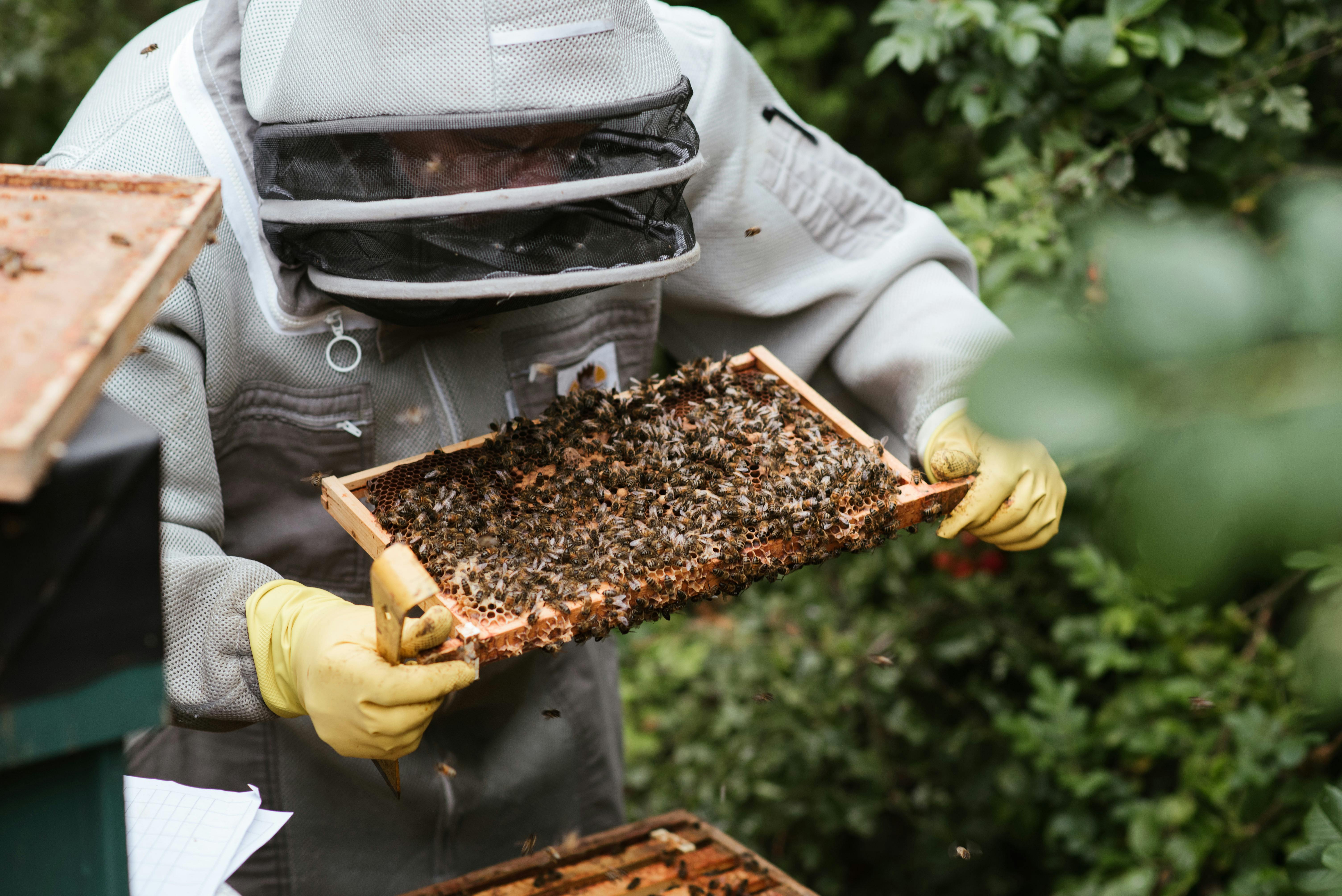Bodensee Influence
The lake that bears the name “Lake Constance” is a huge green gem on Germany’s western border, spanning the German-Austrian-Swiss border. At 63 km (40 mi) long, it is a real holiday paradise dotted with pretty towns and villages. It is also an important influencer of local agriculture and viticulture. The fertile soils have shaped the region’s wine culture for centuries, and its grape growers continue to work hard to maintain a high quality and sustainable standard.
In the last decade, there has been a rise of interest in organic farming and low-intervention winemaking. These trends have impacted the wine quality and a number of producers now make wines with an intense minerality, as well as racy acidity and fresh fruit aromas. There is still a strong traditional and regional cuisine, and local cheeses produced in alpine dairies are a major highlight of the area. In fact, it is believed that the Swabians invented Kasespatzle, fine egg pasta with smoked and cured shoulder of pork (or bacon).
The Lake Constance region has long been an international hub for tourism. The 260 km Bodensee-Rundweg, which circles the lake, is one of the most popular tourist activities. The cycle path is very easy to follow, and there are numerous lookouts on the cliff-like shores. It takes you past Salem, Germany’s elite boarding school where Prince Philip was educated, through the charming towns of Meersburg, Sipplingen, Bodman, and Dingelsdorf. Then, just before Konstanz, the road narrows as it crosses into the Uberlingensee.

How Does Bodensee Influence Local Agriculture and Viticulture?
In this beautiful lakeside landscape, many winemakers have seen a great potential for their vineyards. Several have tapped into it, and a handful of committed producers are striving to create a designated appellation for Bayerischer Bodensee wines. These wines show a remarkable energy, clarity and minerality.
The region’s steep hillsides are often planted with fruit orchards, but Lanz saw a better future for them as vineyards. And he was right: the wines from these hilltops have powerful, expressive personalities with an elegant acidity.
The winemakers in the region are aware of their responsibility to preserve and cultivate their land, and they see the benefits that a healthy environment has on their vineyards and their wines. They also know that the lake is an essential natural resource for their area, and they are working hard to ensure that it continues to thrive. It is a true pleasure to enjoy the wines of the Lake Constance region, and it’s an honour to get to know the people who produce them. The region is truly special. I look forward to returning to it in the future.



